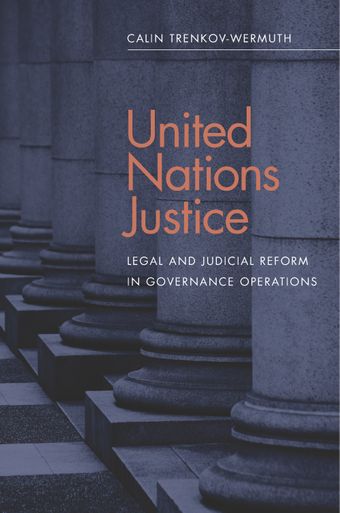- Home
- Books
- United Nations Justice
- Chapter
Conclusion

- Author: United Nations University
- Main Title: United Nations Justice , pp 182-189
- Publication Date: October 2013
- DOI: https://doi.org/10.18356/be9938c3-en
- Language: English
This book set out to demonstrate that in its governance operations, the UN’s approach to legal and judicial reform was not well suited to the organization’s goal of establishing sustainable legal systems in the territories it administered, most notably in Kosovo and East Timor. When the UN took on the Security Council’s mandates for the governance of these two territories in 1999, precedents as to how the organization could undertake rule-of-law reform responsibilities in such missions were few, and understandably it leaned to a certain extent on models derived from military occupation. However, the portrayal of the UN’s approach as comprising a number of ad hoc decisions taken on the basis of the particular exigencies and circumstances of the situation which UN administrators found in the territories under consideration is not valid. In fact, the key decisions clearly fit within a broader pattern of assumptions and ideas which guided the approach to reform, though their practical application was hampered by lack of funding and adequate resources.
-
From This Site
/content/books/9789210563239c019dcterms_title,dcterms_subject,pub_keyword-contentType:Journal -contentType:Contributor -contentType:Concept -contentType:Institution105

